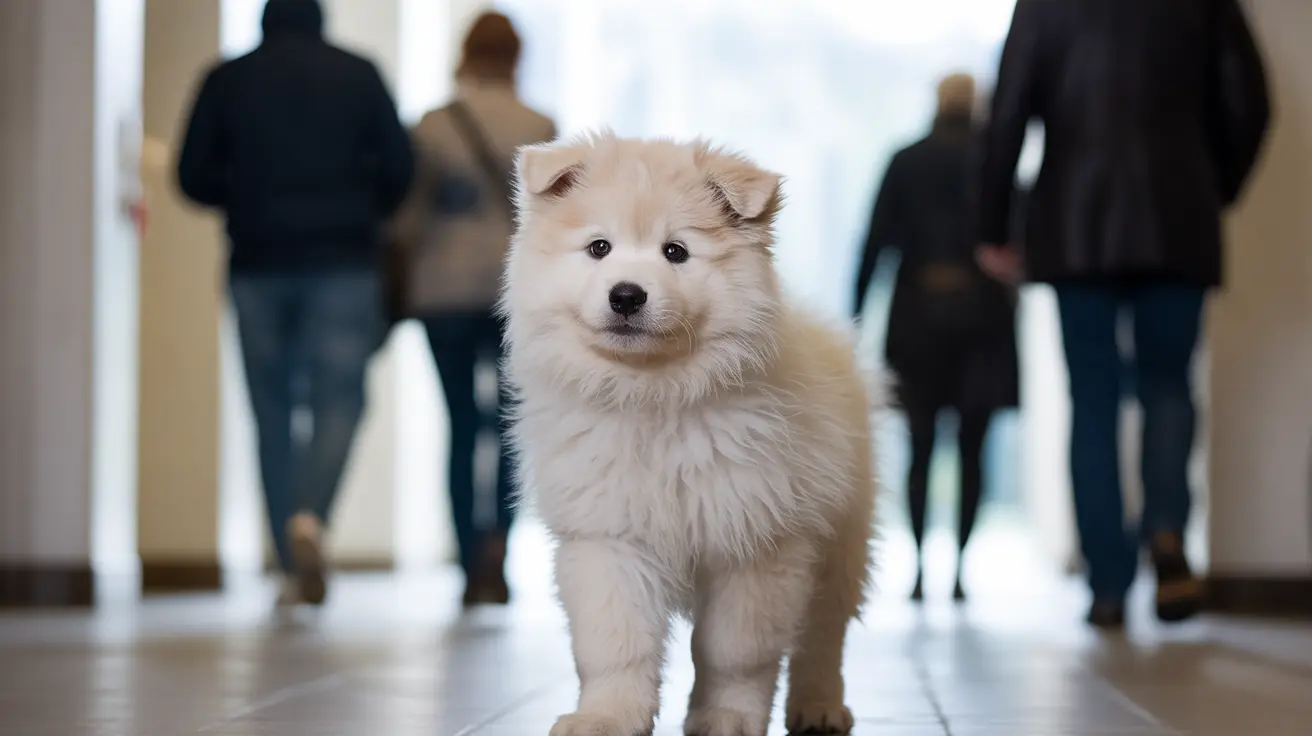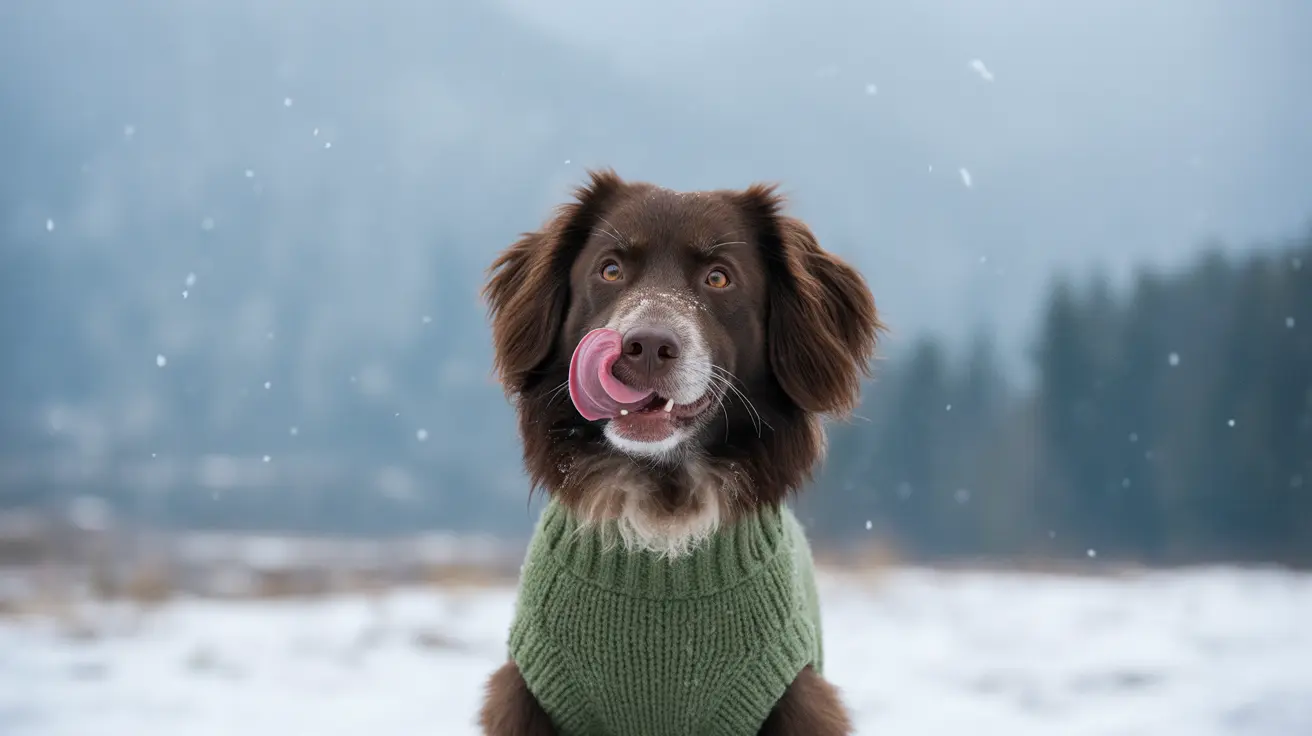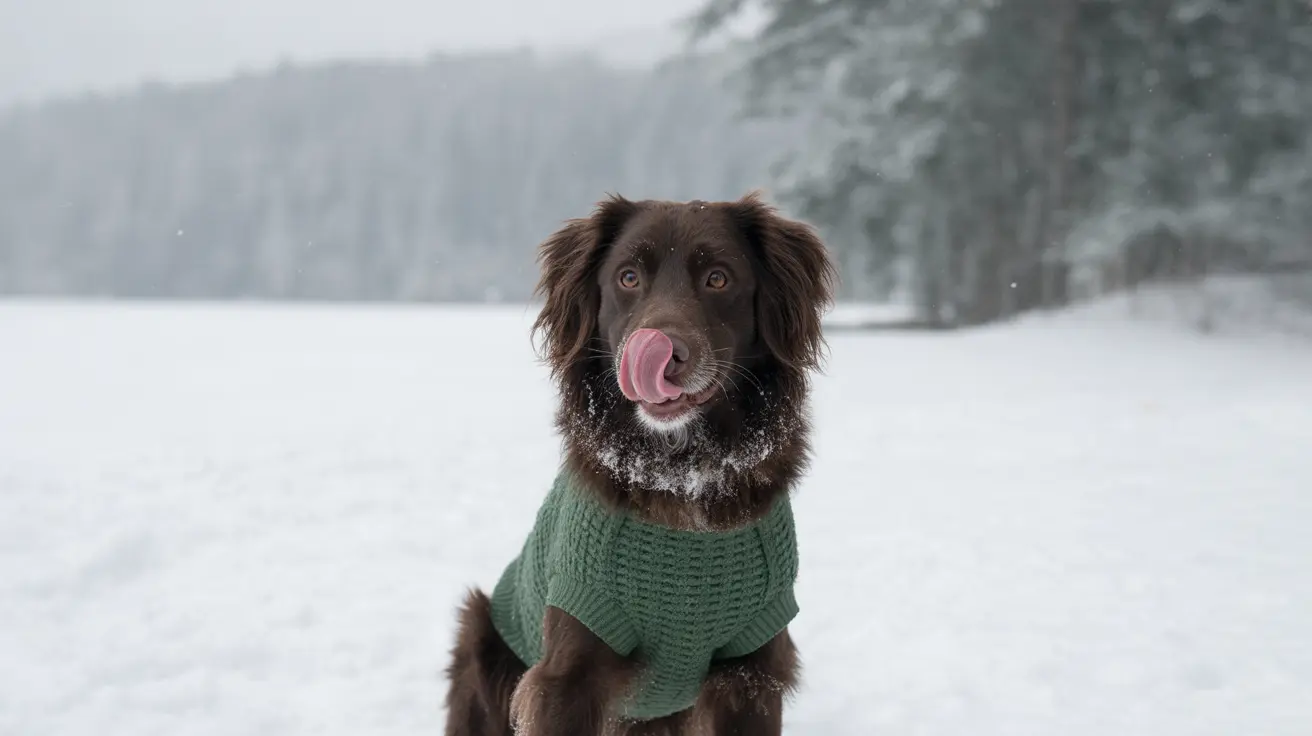Can Dogs Eat Cheese? What Pet Owners Need to Know
Cheese is a common snack in many households, and dog owners often wonder if it can be safely shared with their canine companions. While cheese is not inherently toxic to dogs, there are important factors to consider before offering this dairy treat.
Is Cheese Safe for Dogs?
Yes, in moderation, cheese is safe for most dogs. Many dogs enjoy the taste and may even tolerate small amounts without any issues. Cheese is rich in protein, calcium, and vitamins like A and B12, which can be beneficial.
Potential Health Concerns
Despite its appeal, cheese is not an ideal daily treat for all dogs. Here are some reasons to approach with caution:
- High Fat Content: Cheese can be high in fat, raising the risk of obesity and pancreatitis (especially in breeds prone to this condition such as Miniature Schnauzers and Yorkshire Terriers).
- Lactose Intolerance: Some dogs are lactose intolerant. Symptoms of intolerance include gas, bloating, diarrhea, and vomiting after consuming dairy products.
- Sodium Levels: Some cheeses, particularly processed or aged varieties, contain elevated levels of sodium, which can contribute to dehydration and high blood pressure in dogs with kidney or heart conditions.
Which Types of Cheese Are Better for Dogs?
If you plan to share cheese with your dog, opt for options that are low in fat and sodium. Some better choices include:
- Mozzarella: Typically lower in fat than other types of cheese.
- Cottage Cheese: Low in fat and lactose; it contains probiotics that may aid digestion.
- Cheddar: Moderately safe in small amounts as it's lower in lactose than fresh cheeses.
Cheeses to Avoid
- Blue Cheese: Contains roquefortine C, a fungal toxin harmful to dogs.
- Cheeses with Additives: Any cheese mixed with onion, garlic, chives, nuts, or herbs can be dangerous.
- Processed Cheese Spreads: These often have added chemicals and preservatives unsuitable for pets.
How Much Cheese Can Dogs Have?
Treats, including cheese, should make up no more than 10% of your dog’s daily caloric intake. This helps prevent weight gain and ensures nutritional balance. Start with a small piece to see how your dog reacts and monitor for any symptoms.
Using Cheese as a Training Aid
Because of its strong smell and palatability, cheese is often used as a high-value training treat, particularly during obedience classes or for training complex behaviors. Cut it into pea-sized pieces to avoid overfeeding.
When to Avoid Cheese Altogether
Do not feed cheese to your dog if they have or are prone to the following:
- Pancreatitis or a history of gastrointestinal issues
- Obesity or are on a controlled diet
- Dairy allergy or severe lactose intolerance
- Kidney or Heart Disease especially when sodium must be restricted
What to Do If Your Dog Gets Sick
If your dog exhibits signs like vomiting, diarrhea, bloating, or lethargy after consuming cheese, consult a veterinarian. Persistent symptoms indicate a possible intolerance or underlying issue that needs professional evaluation.
Healthier Alternatives to Cheese
If you’re looking for alternative treats, consider:
- Lean, cooked meats like chicken or turkey (unseasoned)
- Carrots, cucumbers, or apples (without seeds)
- Commercial dog treats specifically made with nutritional balance
Final Thoughts
Cheese can be a safe and enjoyable treat for dogs if given in moderation. Choose appropriate varieties, be mindful of portion sizes, and always monitor your pet’s response. By balancing indulgence with health, you can ensure your dog enjoys the occasional cheesy bite without compromising their well-being.





